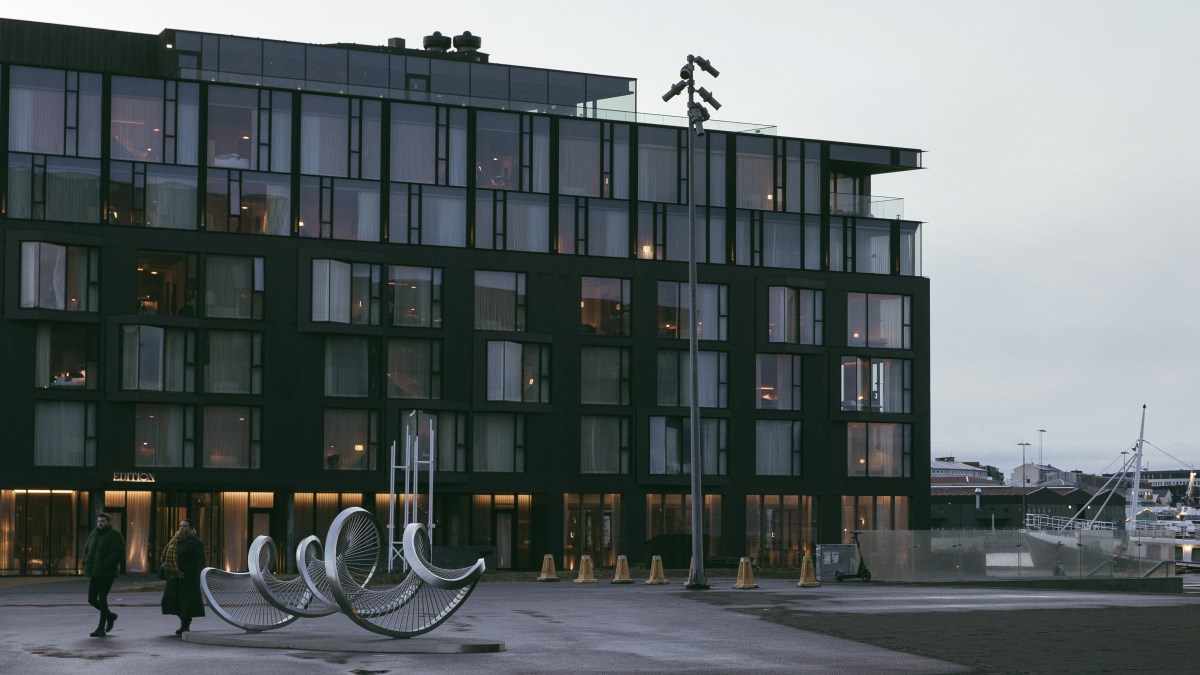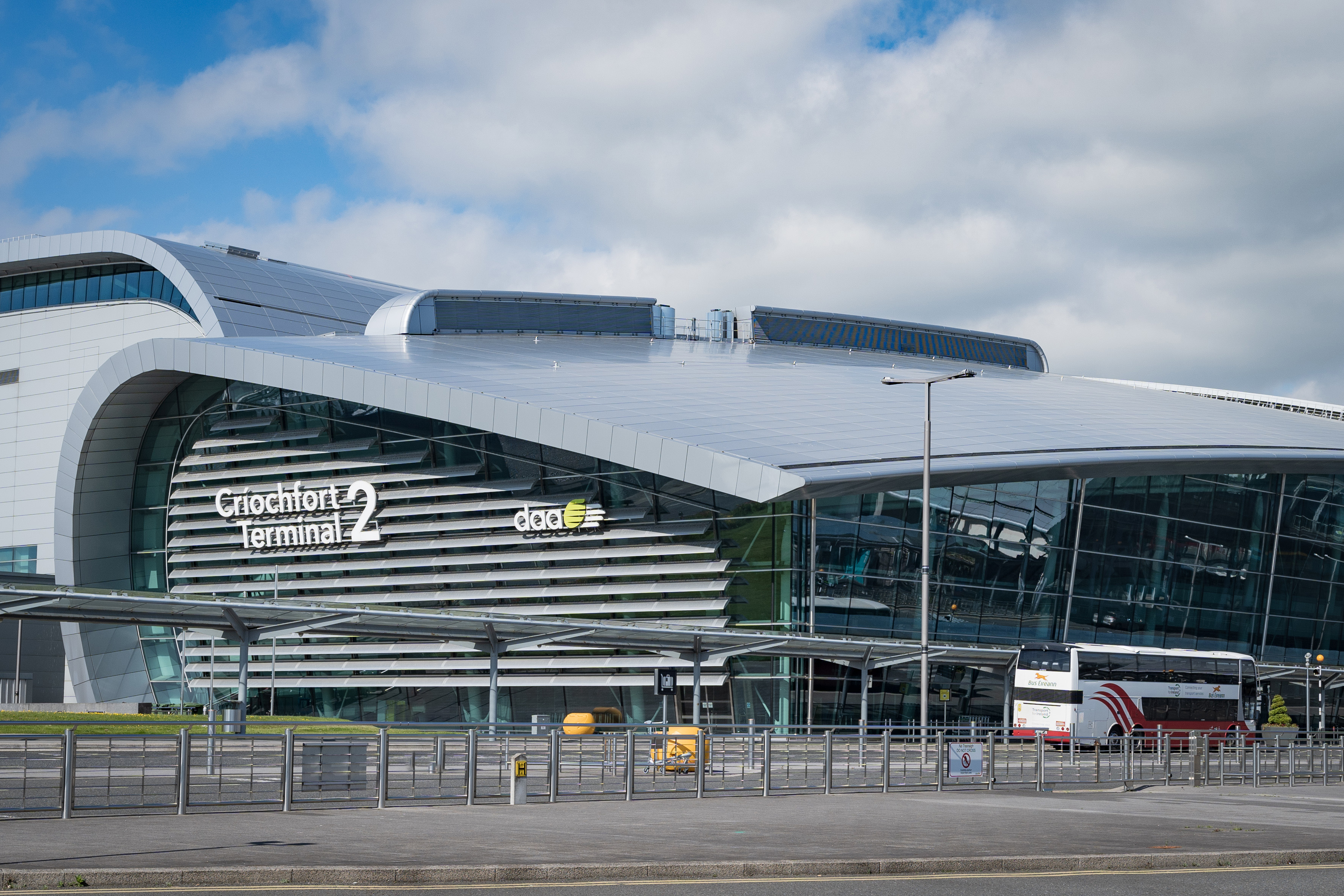Icelandic police investigating the deaths of a Dublin-based father and daughter believe the family may have agreed to take their own lives.
Mystery continues to surround the case involving the violent deaths of a 58-year-old man and his daughter, who was in her thirties, who were found with knife wounds at the Reykjavik Edition hotel on June 14.
Meanwhile, the wife of the man and mother of the dead woman was discovered without life-threatening injuries. The woman, who is in her sixties, is at the centre of the investigation, but maintains her innocence.
The father was a native of New Caledonia, the French overseas territory 1,200km east of Australia
However, local media reports suggest police are investigating the possibility that the family had agreed to take their own lives but the woman survived.
It recently emerged that the family left instructions on how their €7 million estate should be divided upon their deaths. The family’s home in Dublin, where they had lived for about eight years, was subject to a thorough search by gardai after the incident. They seized a number of items, including electronic devices, for detectives in Iceland to examine forensically.
The father was a native of New Caledonia, the French overseas territory 1,200km east of Australia. His wife was born in France and is of Asian descent. According to RUV, the Icelandic broadcaster and news website, the woman appealed to Reykjavik district court, pleading for permission to attend the funeral of her husband and daughter.
“The family had been very close, and according to available information, they had planned to commit suicide together in Iceland,” RUV reported.
Previously, Icelandic police refused to allow the woman to observe the service. However, the court ruled that there was no reason to prevent her from attending the funeral under police supervision. “We do not see that her brief presence at the funeral could compromise the investigation,” the court stated. Other family members did not travel to Iceland to attend the funeral. The woman also appealed against the extension of her custody to the Supreme Court.
The three family members had booked return tickets to arrive at Dublin airport the morning after the deaths
ALAN CURRIE/GETTY IMAGES
On their arrival at the €1,000-a-night hotel, the trio each drew up wills covering assets worth about one billion Icelandic kronur, the equivalent of €7 million. It was reported that at the start of their trip they emailed the husband’s relatives in the Pacific, stating where they wanted their money to go. It is also understood that the man had been living with advanced kidney disease and required regular dialysis.
They had spent a week at the Edition hotel and had gone on day trips before returning to their rooms in the evenings. They were due to return to Dublin on the morning that the bodies were found by hotel staff at 7am on June 14. A knife was recovered from the scene by police.
That they had bought return tickets back to Ireland adds to the complexity surrounding the case. The investigation covers at least three countries: Ireland, France and Iceland. The woman remains in custody until September 24.
During the early stages of the inquiry, Aevar Palmi Palmason, of the Reykjavik metropolitan police’s central division, said: “One of the first things we did was to contact the French embassy, and with their assistance we were able to reach the relatives of the deceased.
“We are also in contact with French police authorities who have so far shown no interest in travelling to Iceland, though that cannot be ruled out.”
The officer leading the investigation declined to say whether the suspect’s injuries were self-inflicted or defensive wounds.
“That’s one aspect of the investigation, but I won’t comment further on that at this stage,” he said. “The investigation is in its early stages but is progressing well.”
Iceland, which has a population of 389,000, is regarded as a largely peaceful country with a low crime rate. Between 2010 and 2019 there were no more than three murders a year but the rate increased significantly last year with eight killings. Six people have been murdered there this year.


